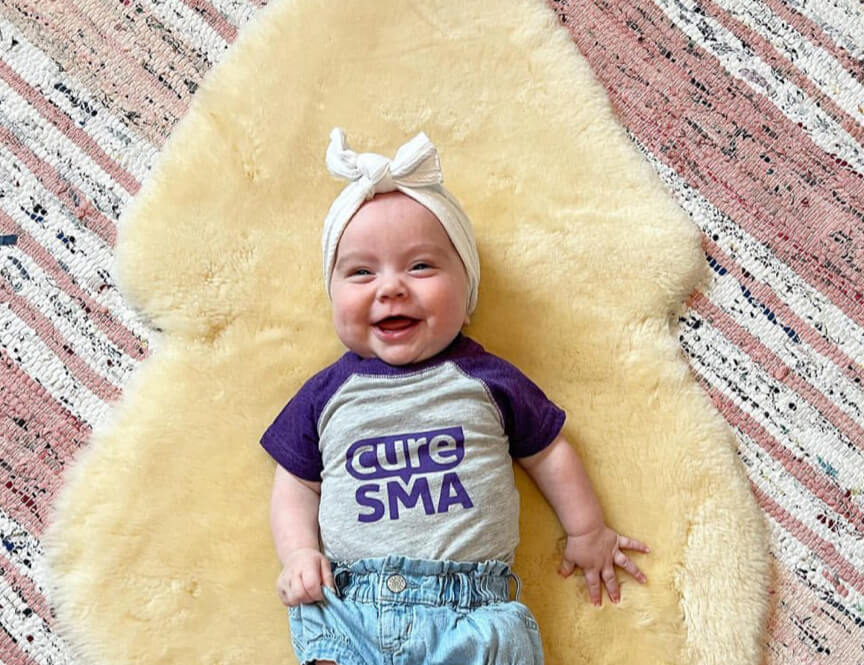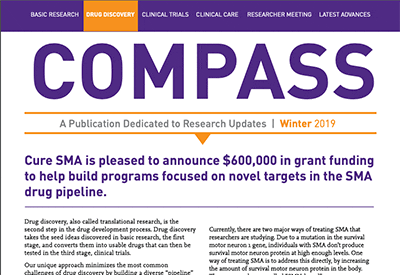Cytokinetics, Inc. recently announced the publication of results from three early clinical trials in healthy volunteers that evaluated safety, tolerability, pharmacokinetics, and pharmacodynamics of CK-2127107. The data supports the ongoing Phase 2 trial of the drug in patients with spinal muscular atrophy (SMA). CK-2127107 is an investigational next-generation fast skeletal muscle troponin activator (FSTA) which Cytokinetics developed in collaboration with Astellas Pharma. The compound aims to act as a muscle activator by slowing calcium signaling in fast skeletal muscle fibers.
The results showed that CK-2127107 increased the force generated versus placebo in response to nerve stimulation. Single doses of CK-2127107 were well-tolerated in healthy volunteers at doses up to 4000 mg. No serious adverse effects (SAEs) were reported and adverse effects (AEs) were all mild or moderate. The publication, titled “CK-2127107 Amplifies Skeletal Muscle Response to Nerve Activation in Humans,” is published online in Muscle & Nerve.
“These published results reinforce CK-2127107 as a promising drug candidate with potential advantages relative to tirasemtiv that may include tolerability and potency,” said Fady I. Malik, MD, PhD, Cytokinetics’ Executive Vice President of Research & Development. “We look forward to the results from four ongoing mid-stage clinical trials of CK-2127107 anticipated in 2018.”
Clinical Trial Design
CK-2127107 was explored in three separate Phase 1 trials, adding to data from two earlier studies.
In the first study, CY 5011, 35 healthy male volunteers received two ascending doses of the drug and one placebo dose — one dose per treatment period. The study showed that doses up to 4,000 mg were well tolerated, with no dose-limiting side effects detected.
The second study, CY 5012, tested multiple ascending doses in 59 male and female volunteers. The study enrolled both younger and older people, ages 18-55, and demonstrated that both younger and older individuals processed the drug in a similar manner.
In the third trial, CY 5013, muscle strength after a single dose of CK-2127107 was assessed in 16 male volunteers. The study showed that CK-2127107 triggered a muscle force more than double of that seen with tirasemtiv, the company’s earlier muscle activator. The study measured muscle contractions after nerve stimulation, and also concluded that the best effect was seen when a motor neuron was stimulated in a fashion similar to the natural signaling frequency of motor neurons.
CK-2127107 is currently being assessed in a Phase 2 trial in patients with SMA types 2–4 (NCT02644668). The trial is still recruiting participants in the U.S. and Canada.
The trial is designed to enroll 18 ambulatory and 18 non-ambulatory patients 12 years of age and older in Cohort 1, randomized 2:1 to receive 150 mg of CK-2127107 or placebo, stratified by ambulatory versus non-ambulatory status, dosed twice daily for eight weeks. The second cohort of patients will receive 450 mg of CK-2127107 dosed twice daily, also for eight weeks.
Multiple assessments of skeletal muscle function and fatigability will be performed including respiratory assessments, upper limb strength and functionality for non-ambulatory patients, as well as six-minute walk and timed-up-and-go for ambulatory patients. Additional information can be found at www.clinicaltrials.gov.
Cure SMA Funding for Combination Therapies
The clinical trials for CK-2127107 came about because of early seed funding from Cure SMA, supporting research focused on the potential application of these types of skeletal muscle activators to SMA. In 2014, Cytokinetics released encouraging data from preclinical studies conducted with our funding. The data showed this approach had positive effects in preserving muscle strength and reducing muscle fatigue, setting the groundwork for the ongoing clinical trials.
The progress of this program also highlights the importance of developing combination therapies to treat SMA. The goal is that CK-2127107 will show positive results in preserving muscle strength in human clinical trials, and may lend itself to combination with other SMA therapies, particularly those that address the SMN protein deficiency caused by the SMN1 mutation.



